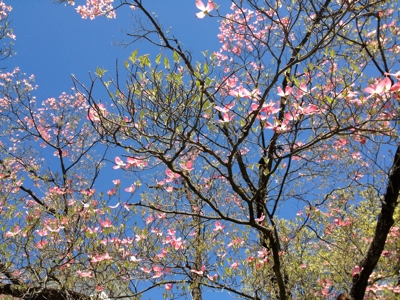Thirteen years ago, on Jan. 27, 2009, BBC-radio phoned John Updike Society president James Plath to get his reaction to Updike’s passing.
“What?”
It was shocking news to Plath, whose on-air response was less than composed.
Updike’s death from lung cancer was a surprise to many who loved and looked forward to reading a new book from him every year for the previous five decades.
The Telegraph (U.K.) called him “one of America’s greatest and most prolific literary icons, acclaimed for his precise, intimate style of writing,” while the BBC acknowledged that “John Updike’s novels, magisterial dissections of the soul of post-World War II middle America, placed him at the very pinnacle of his profession. . . . Whether writing novels, short stories, essays, or poems, John Updike’s work always seemed to find the pulse of modern America.” Closer to home, The New York Times praised Updike for being “kaleidoscopically gifted” and called him “the great chronicler of middle-class America . . . . America’s last true man of letters.”
Today, on the anniversary of his death, it might be a good idea to pull a favorite Updike book off the shelf and reread a favorite passage or two.
For a writer, that seems like the perfect toast.

